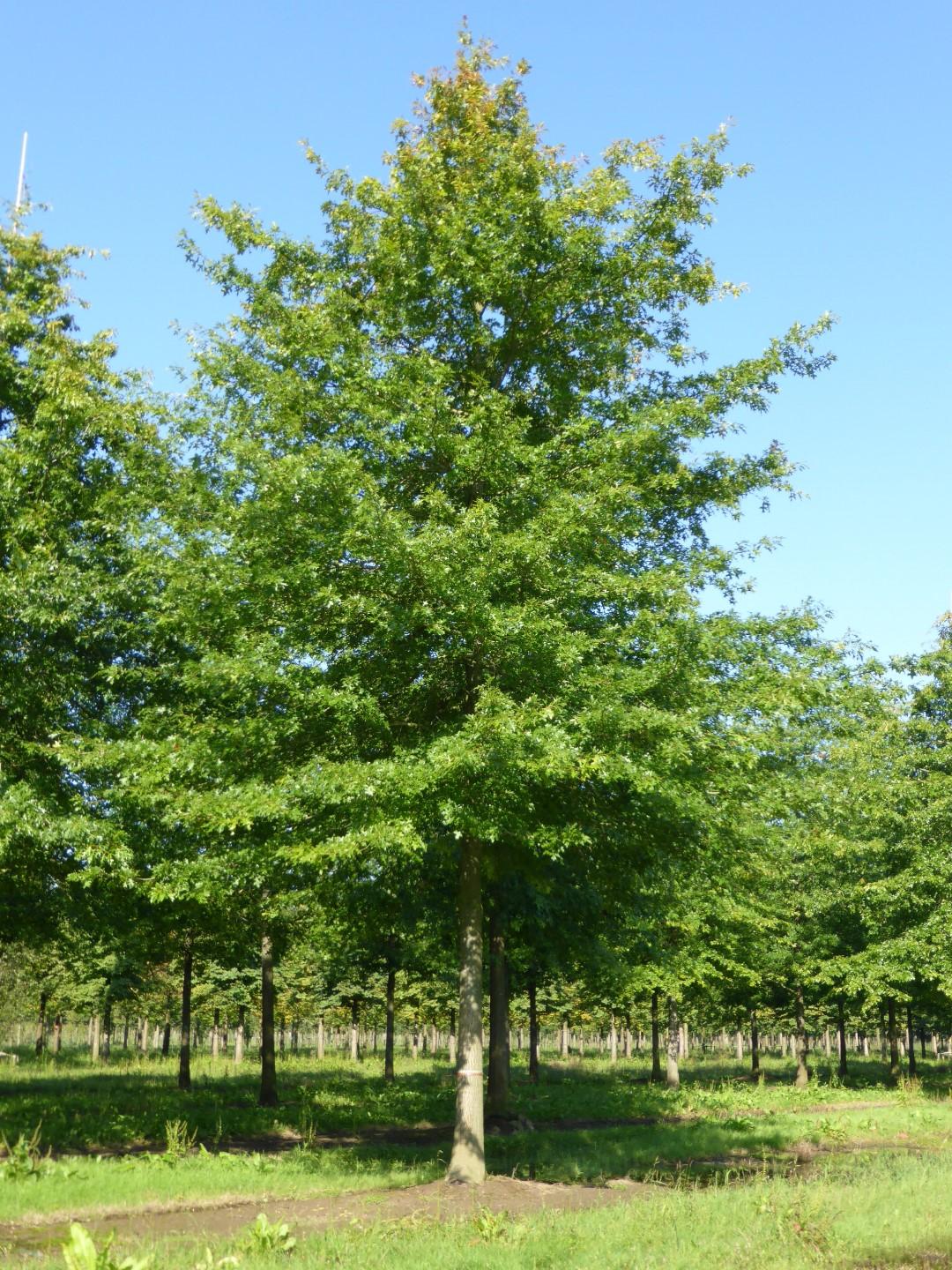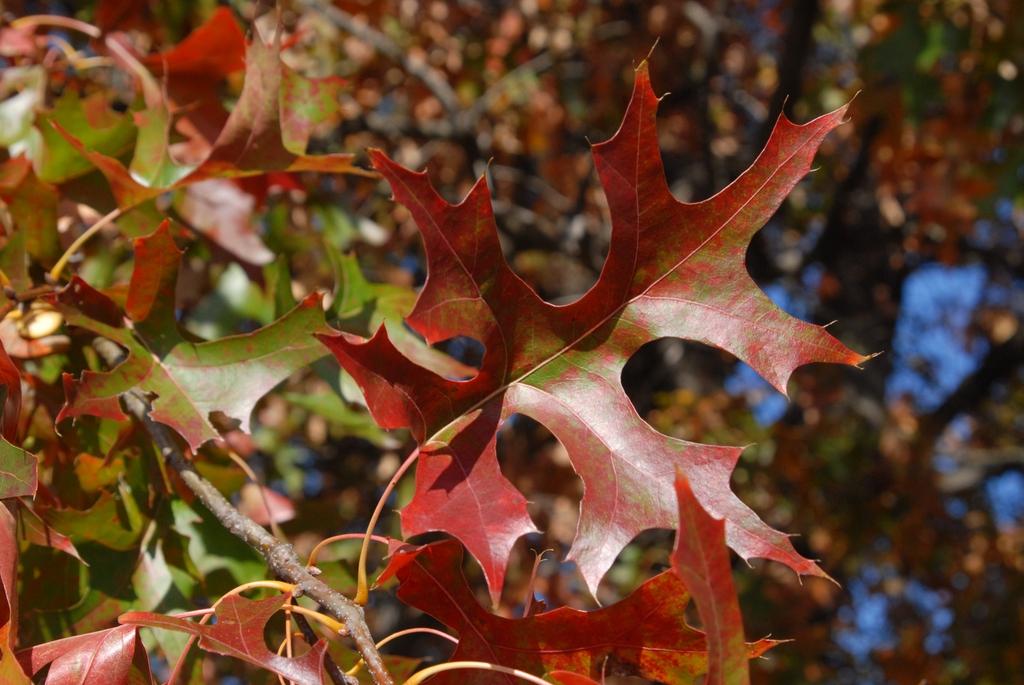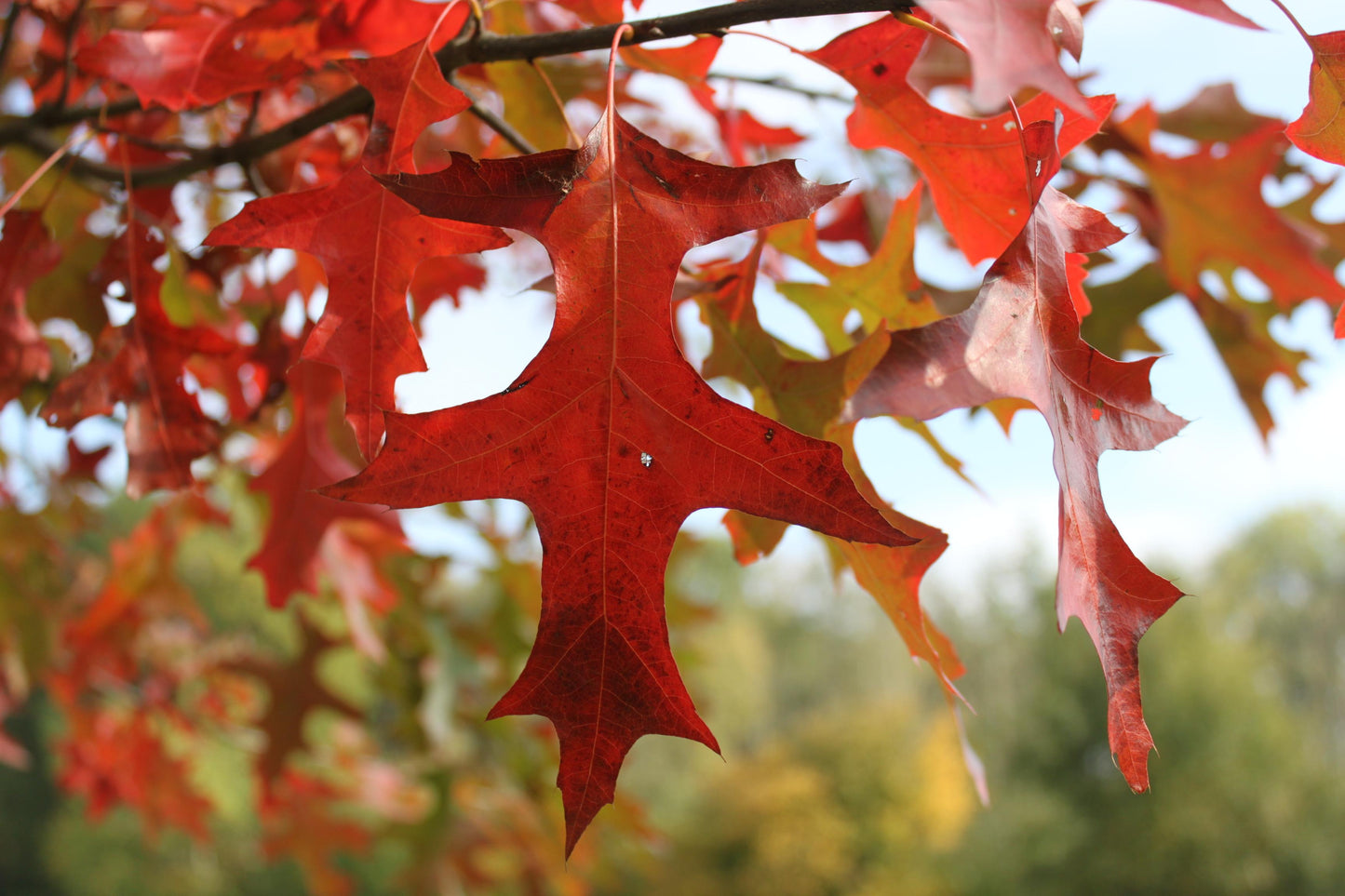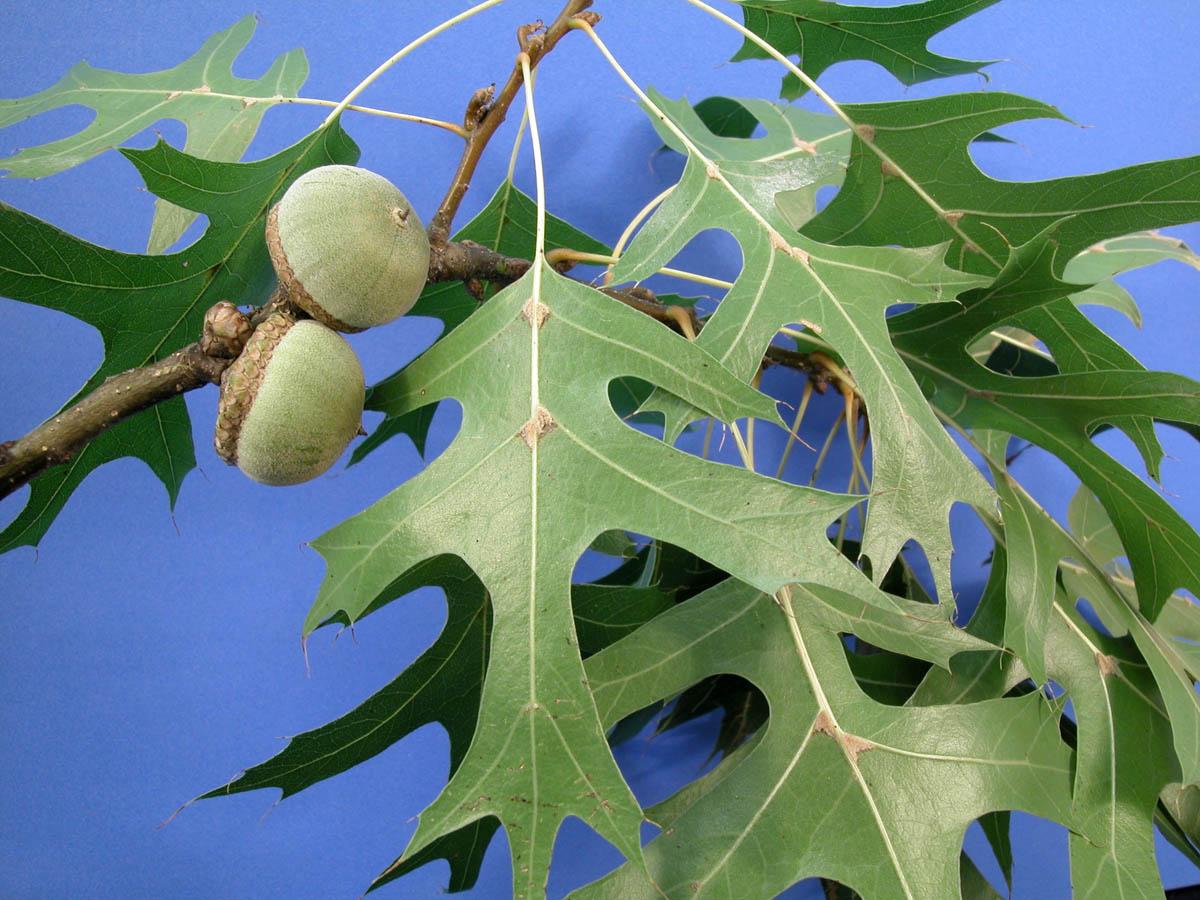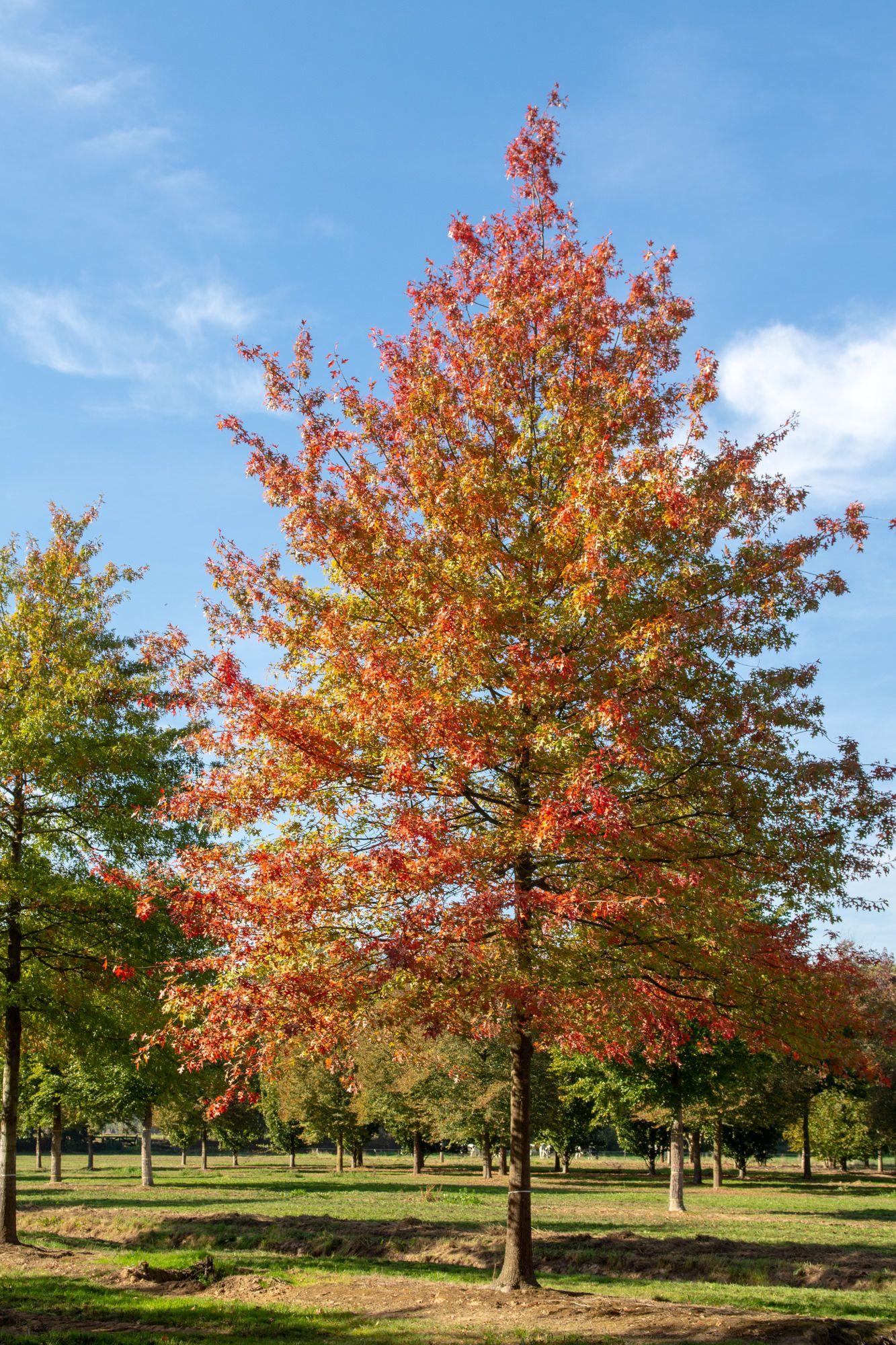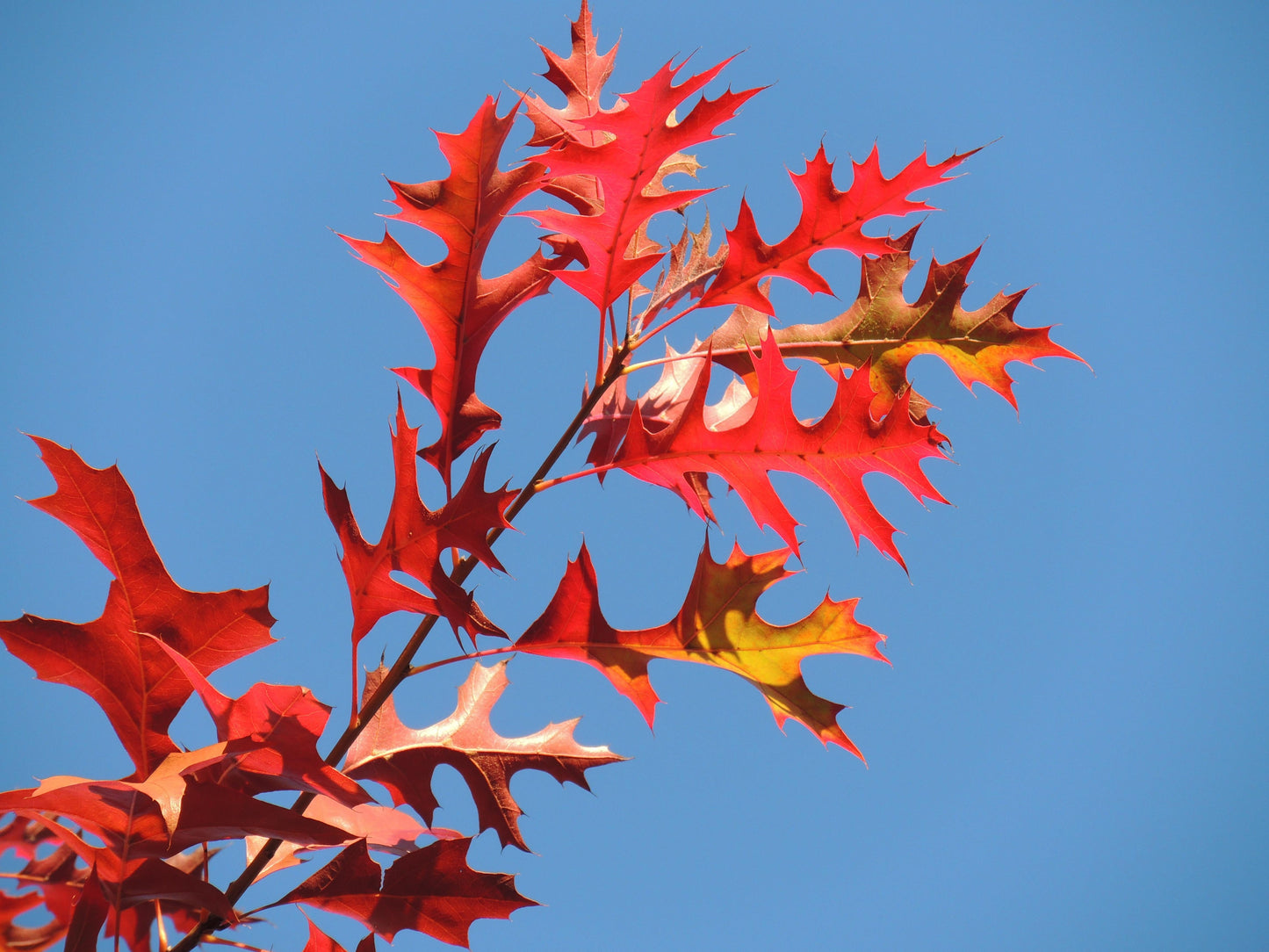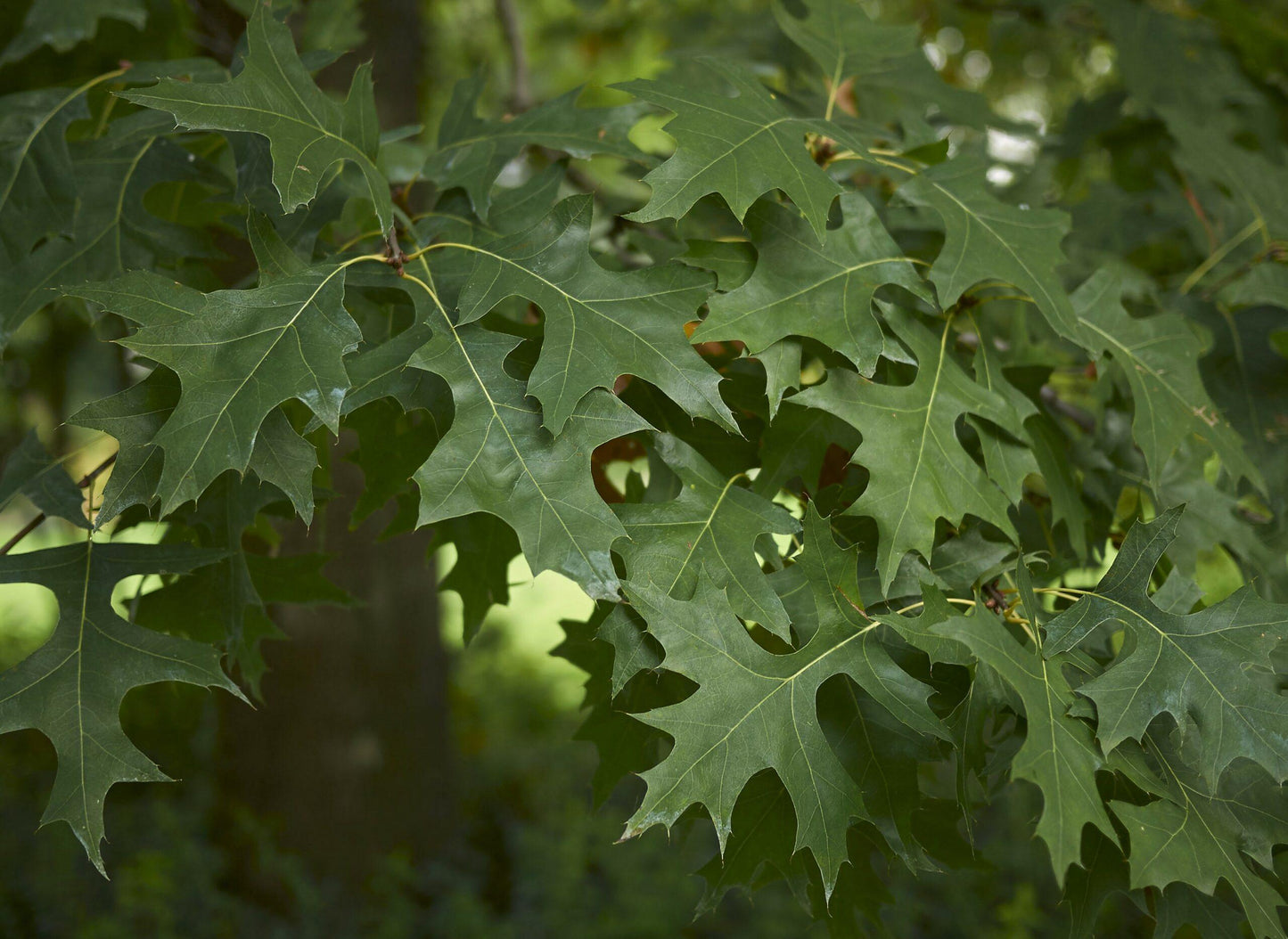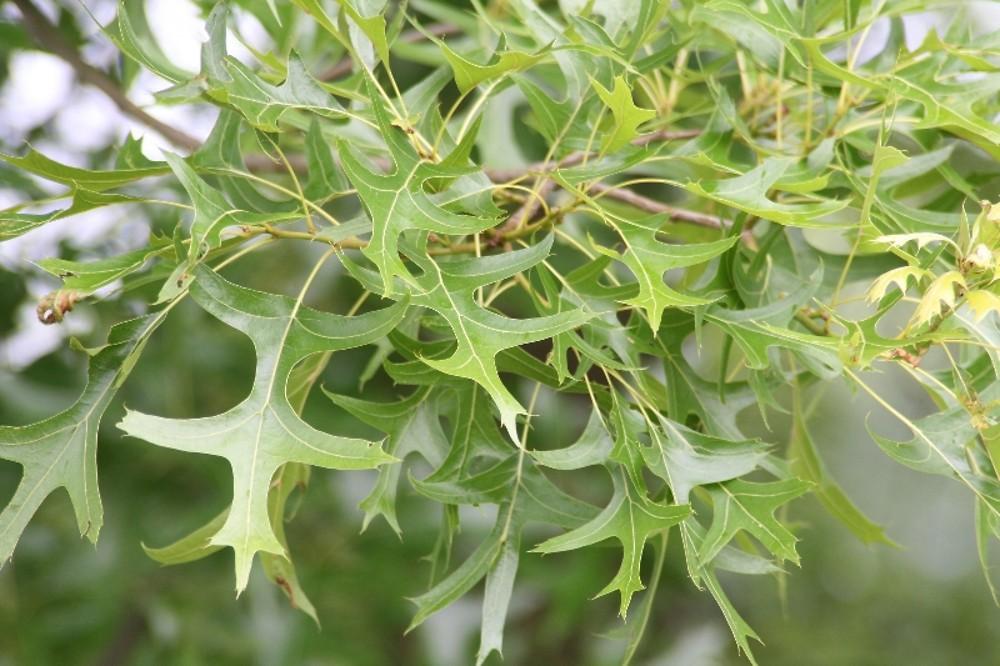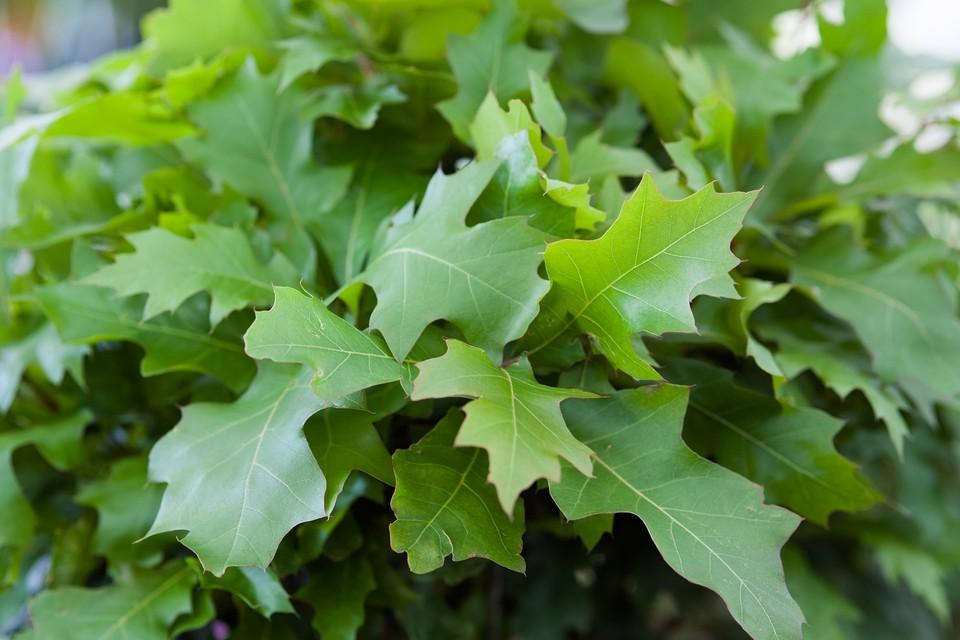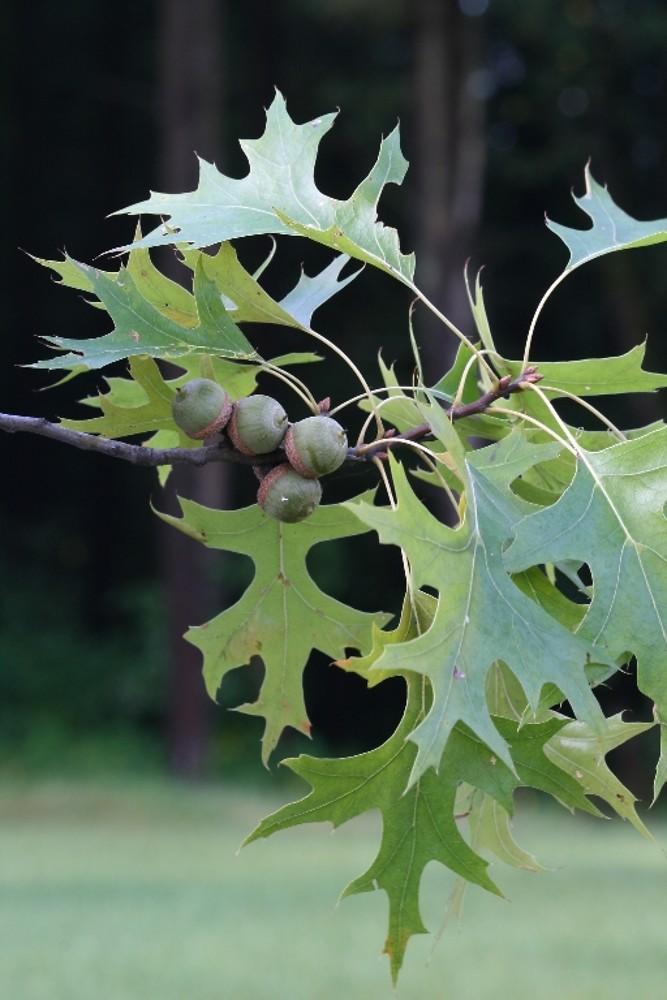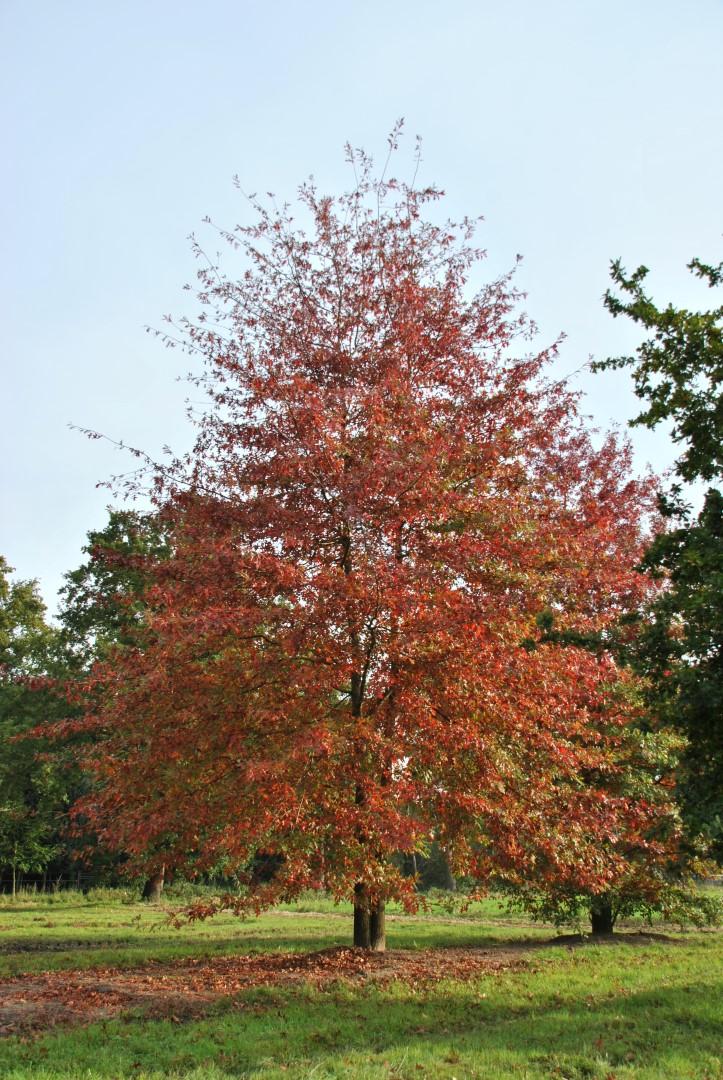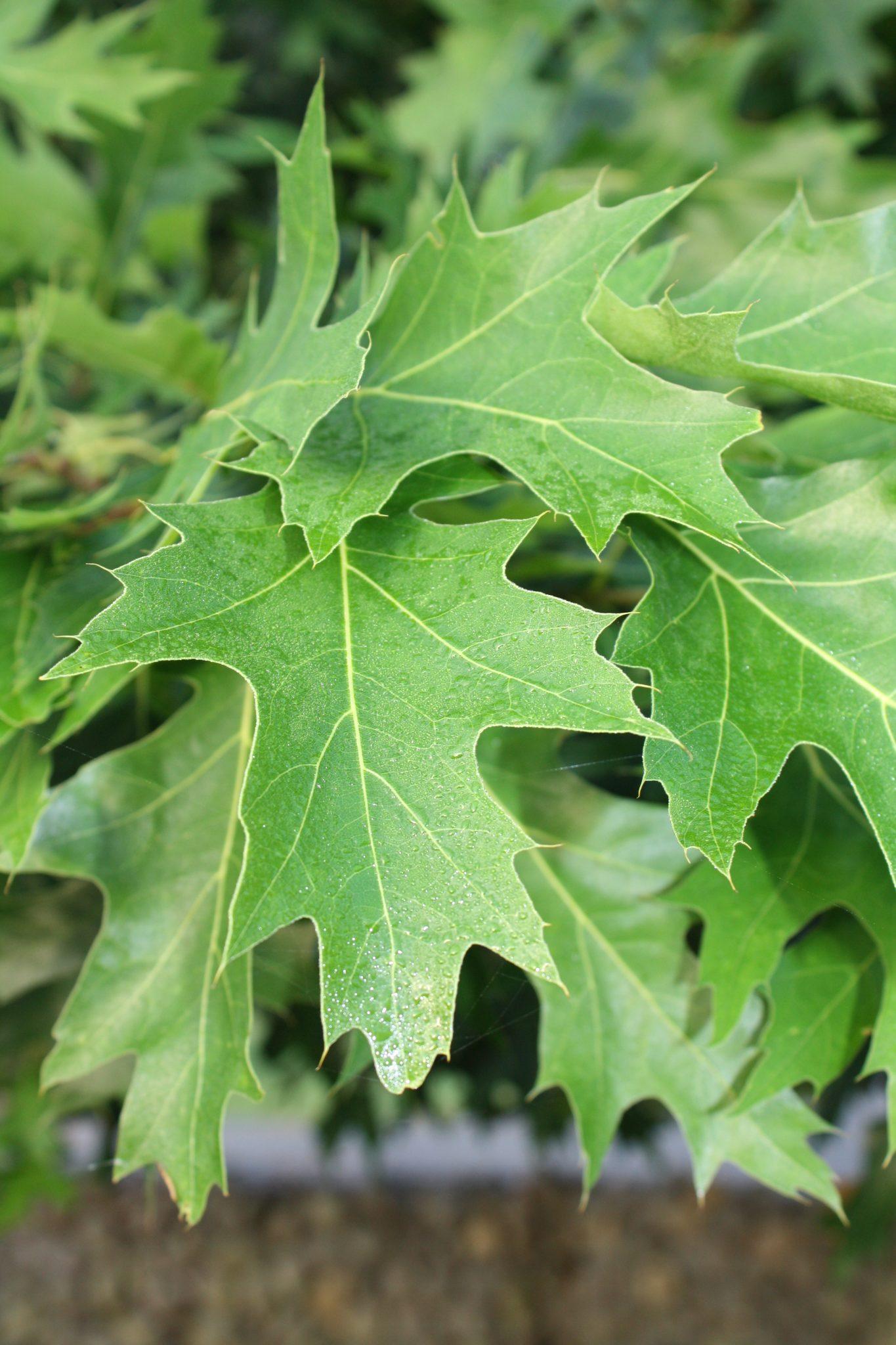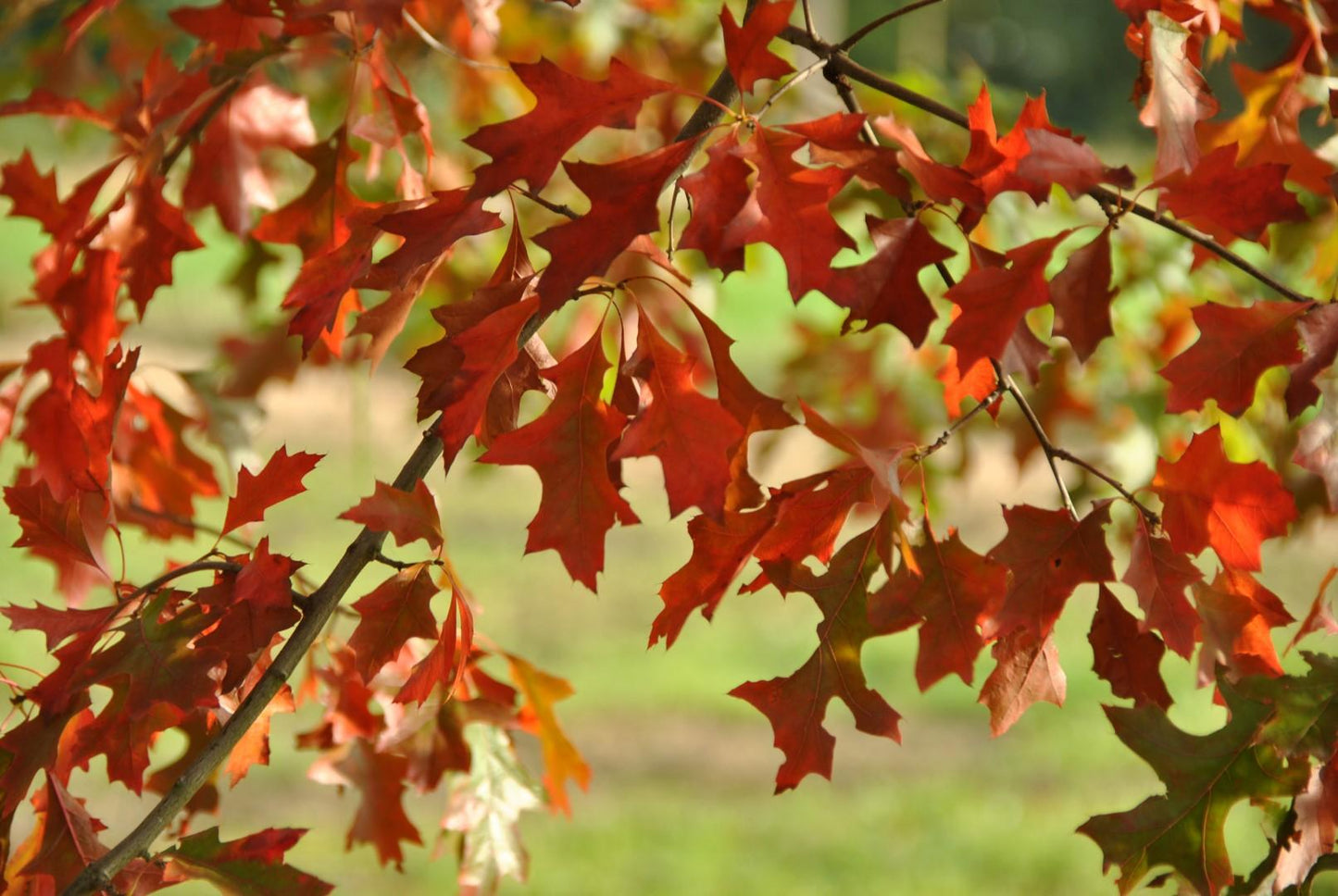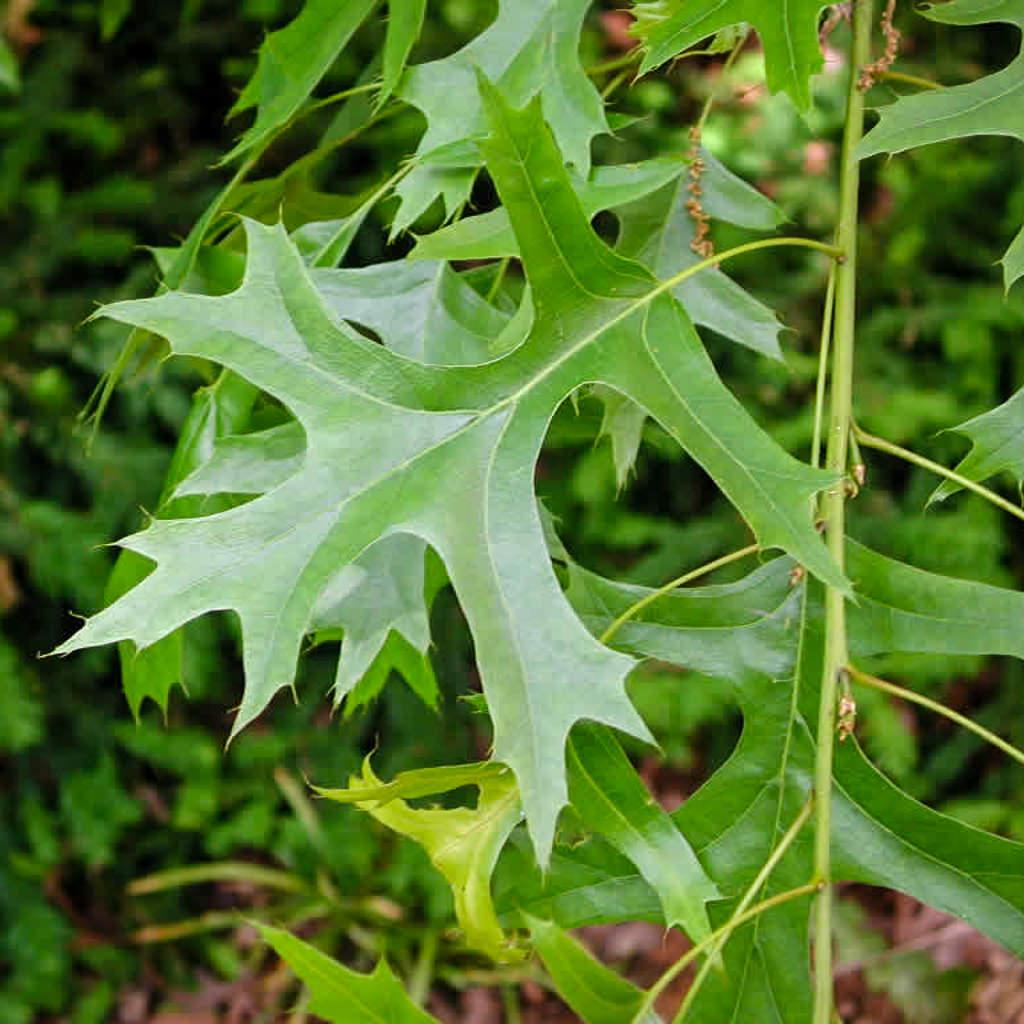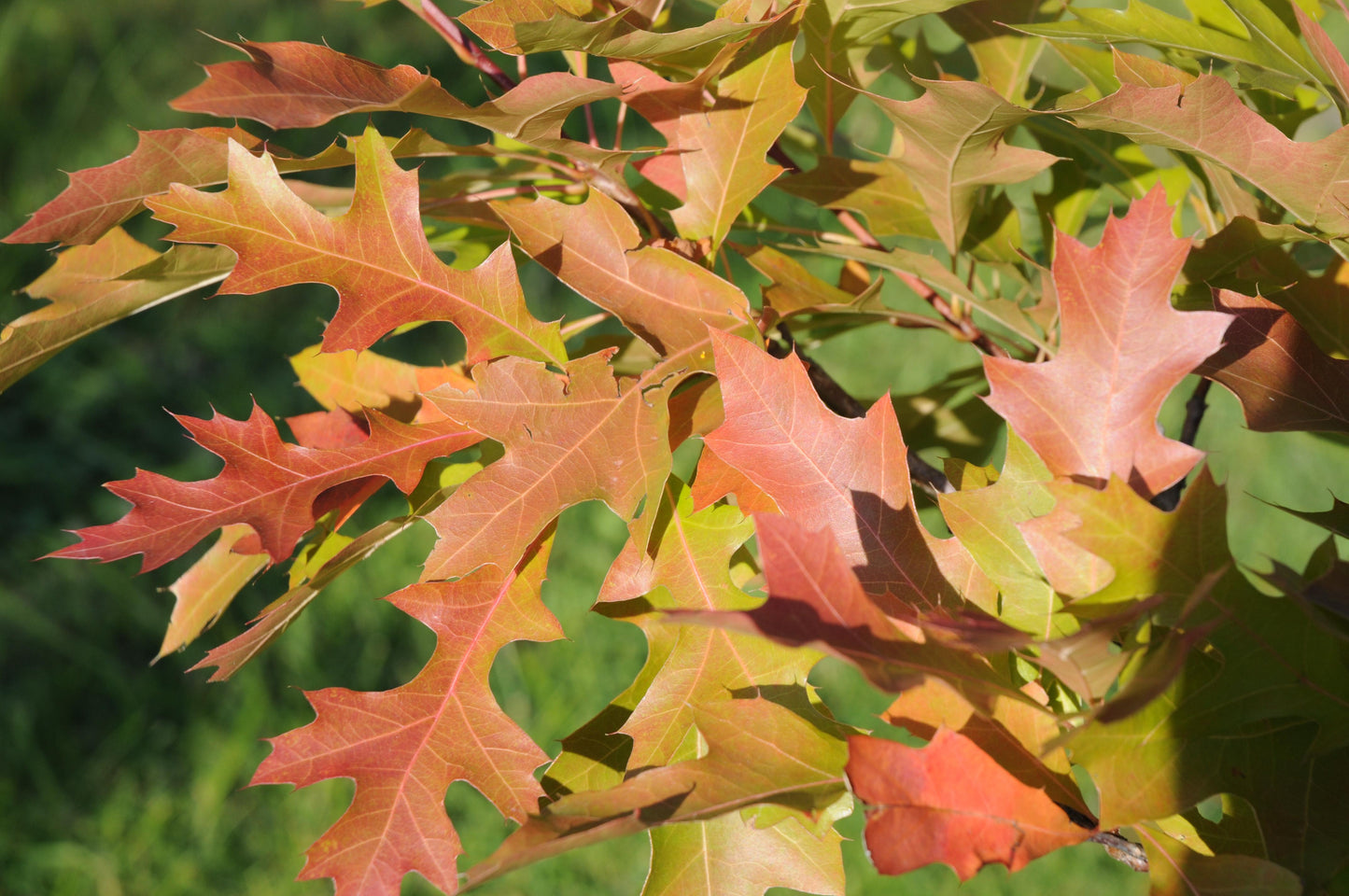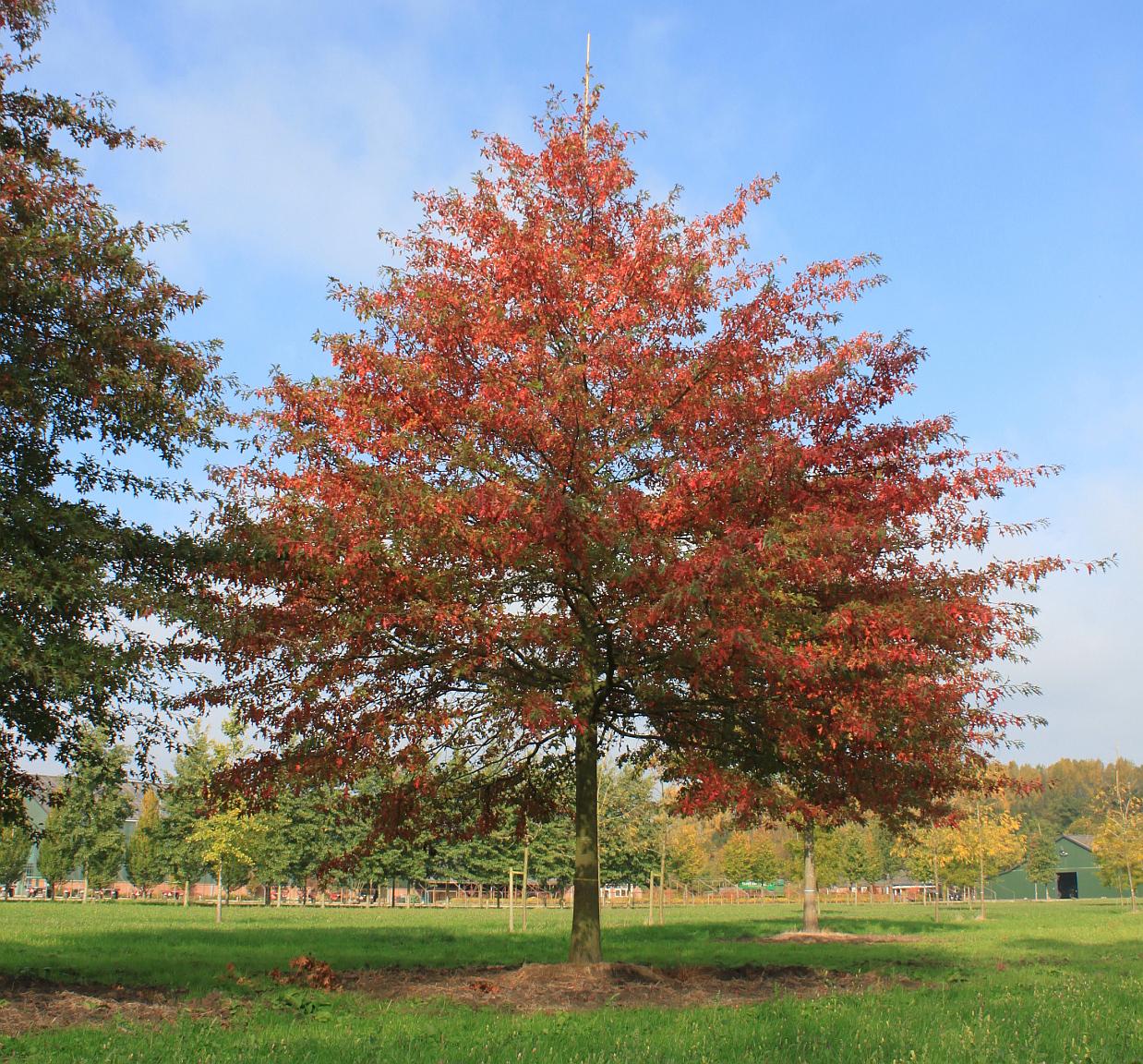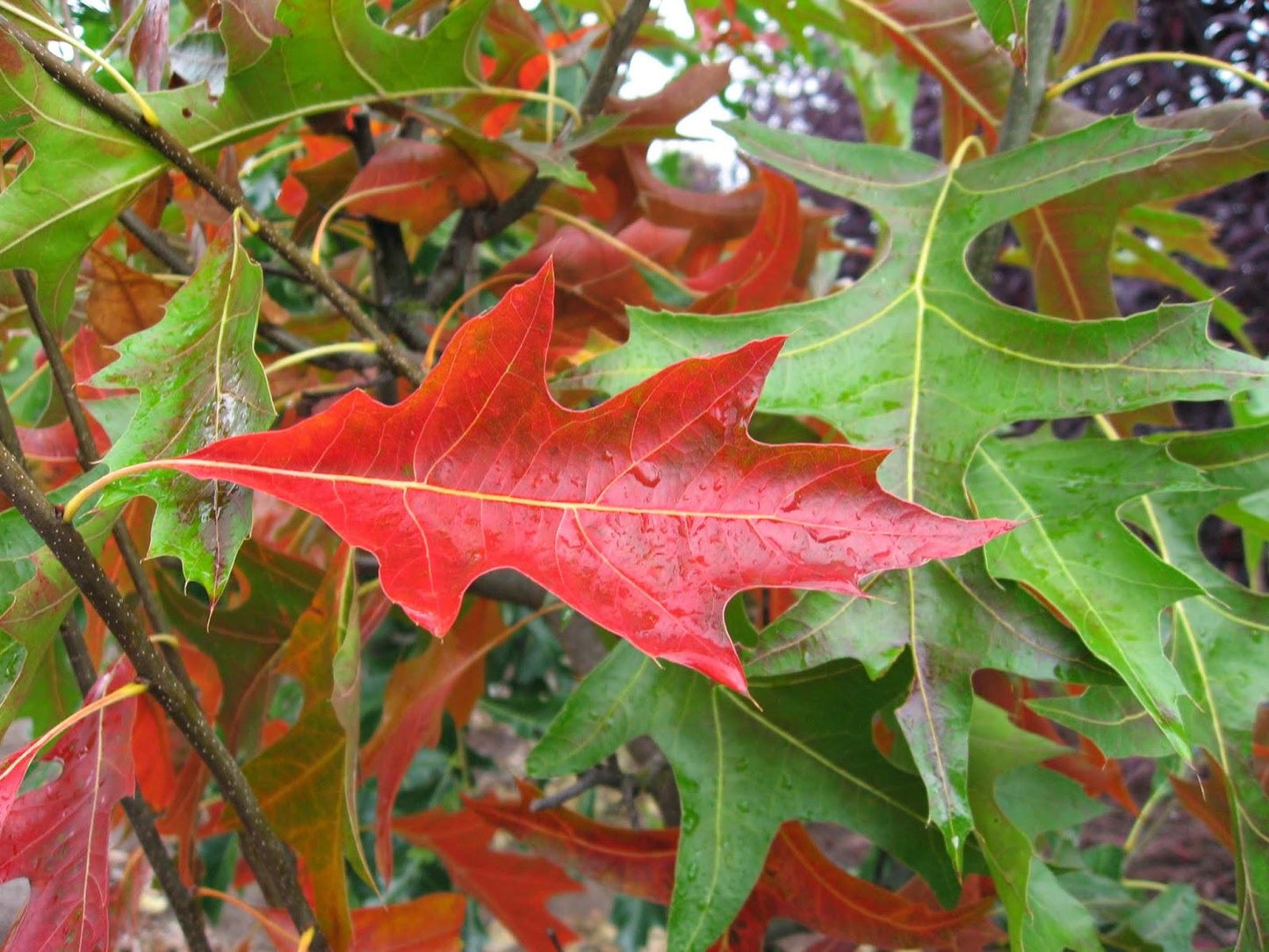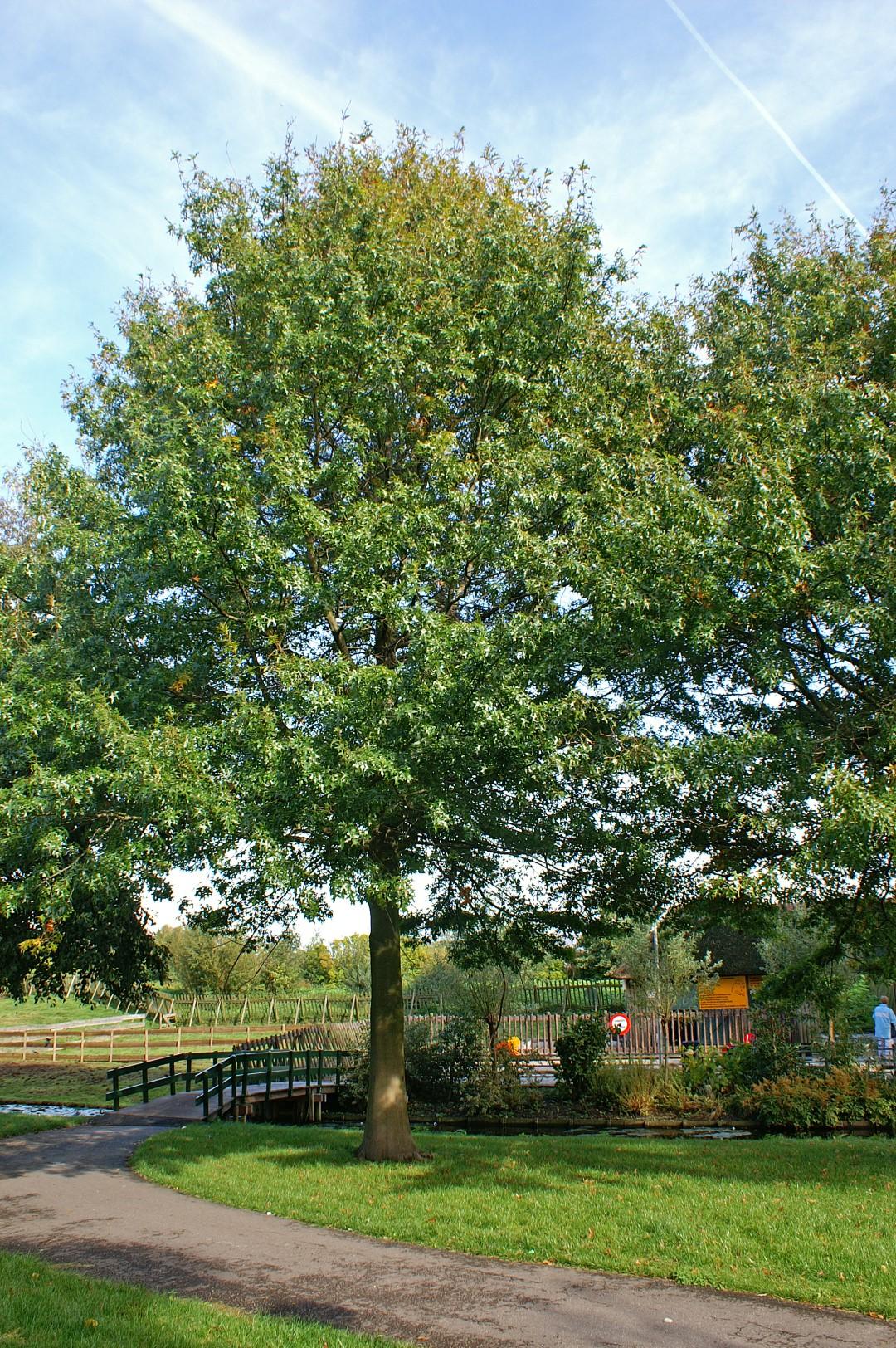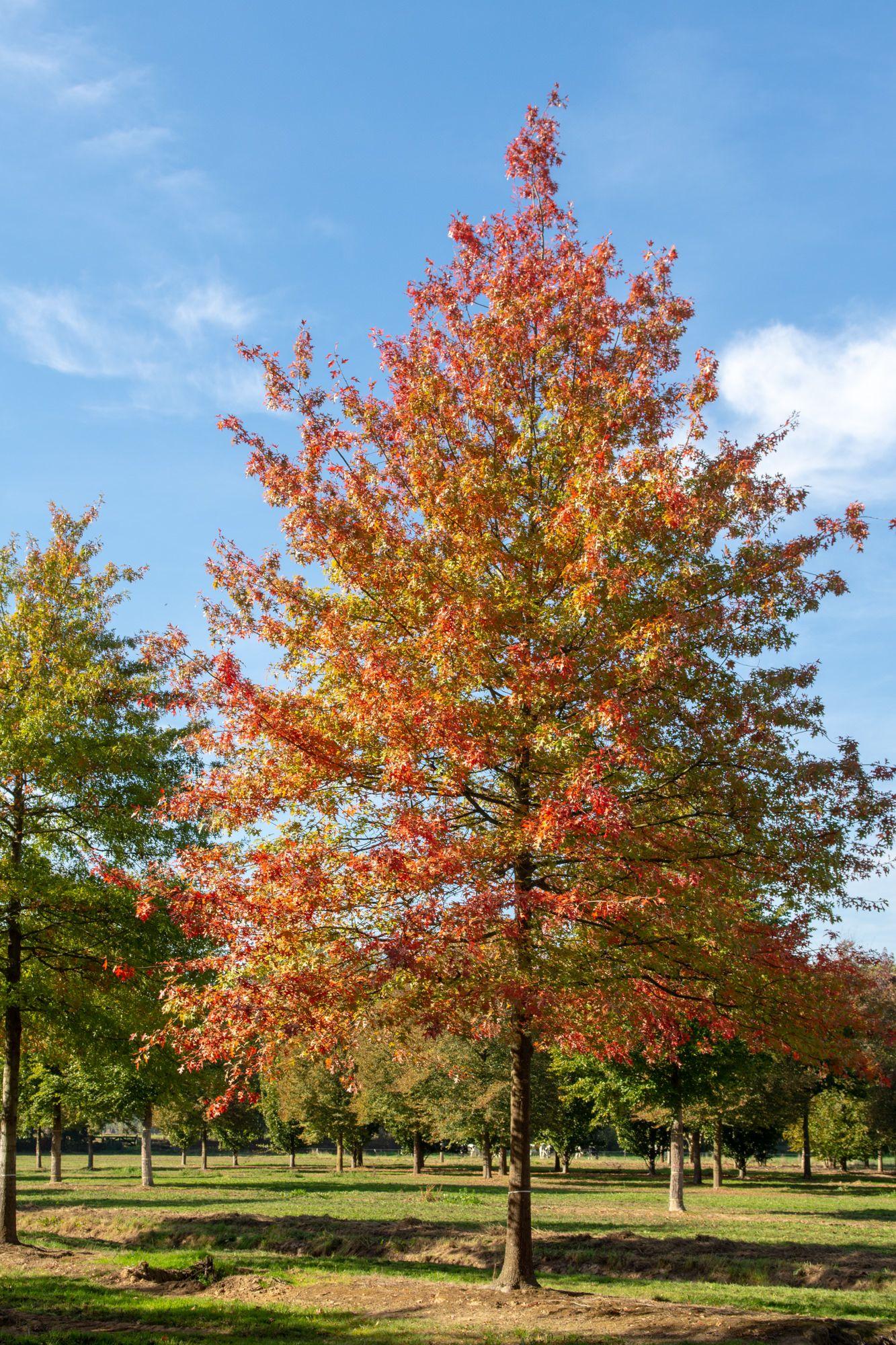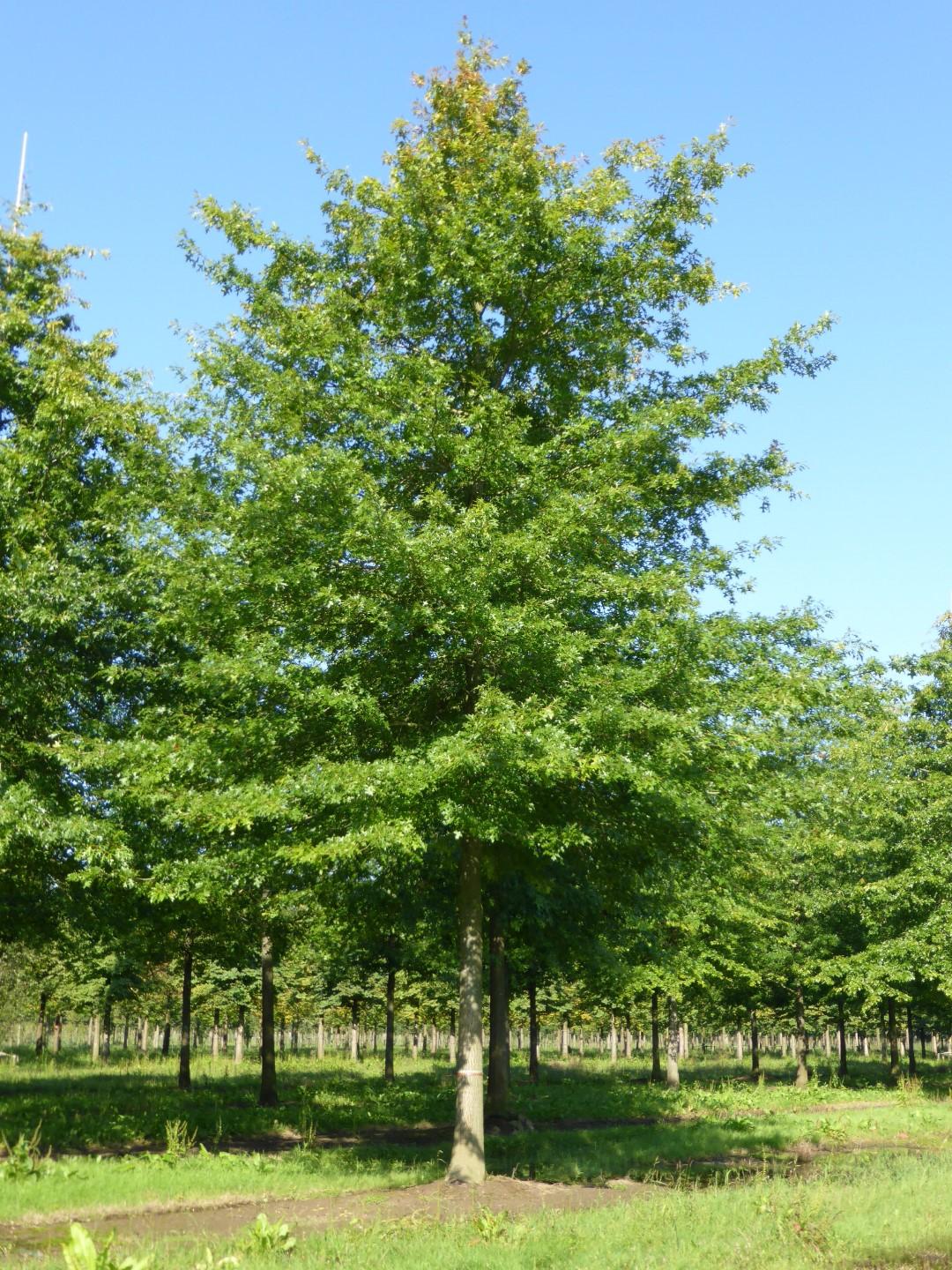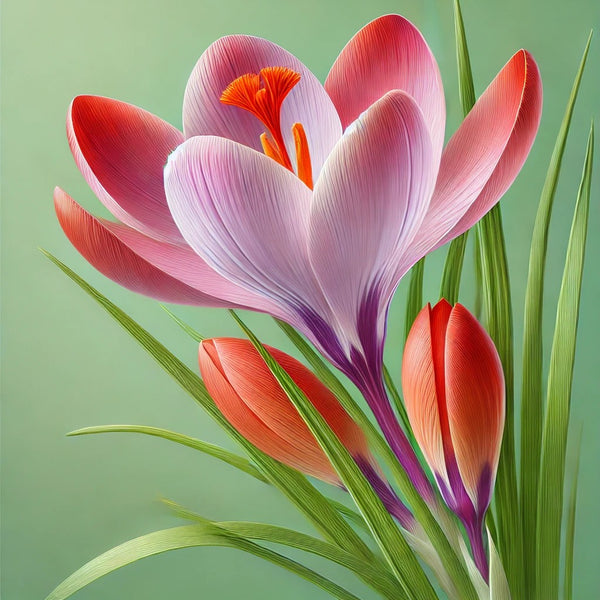1
/
of
20
Quercus palustris-Pin Oak-Vibrant fall color 3-3.5" cal B&B
Quercus palustris-Pin Oak-Vibrant fall color 3-3.5" cal B&B
Regular price
$2,340.00 USD
Regular price
$3,042.00 USD
Sale price
$2,340.00 USD
Unit price
/
per
Shipping calculated at checkout.
SKU:nts0083-redcrocus
Couldn't load pickup availability
Quercus palustris
Description
Quercus palustris, commonly known as Pin Oak, is a deciduous tree native to North America. It is known for its distinctive pyramidal shape, glossy green leaves, and vibrant red fall color. This tree is often used in landscaping for its aesthetic appeal and adaptability to various soil conditions.
Suggested Uses
Pin Oak is ideal for use as a shade tree in large gardens or parks. It can also be used in urban settings due to its tolerance of pollution and compacted soils. Its striking fall color makes it a popular choice for ornamental purposes.
Plant Details
-
 Botanical Name: Quercus palustris
Botanical Name: Quercus palustris -
 Common Name: Pin Oak
Common Name: Pin Oak -
 Size & Growth: 60-70 feet tall, 25-40 feet wide
Size & Growth: 60-70 feet tall, 25-40 feet wide -
 Hardiness Zones: 4-8
Hardiness Zones: 4-8 -
 Foliage Type: Deciduous
Foliage Type: Deciduous -
 Bloom Time: Spring
Bloom Time: Spring -
 Growth Rate: Moderate to fast
Growth Rate: Moderate to fast -
 Light Requirements: Full sun
Light Requirements: Full sun -
 Attracts Pollinators: Yes
Attracts Pollinators: Yes -
 Indoor Friendly: No
Indoor Friendly: No -
 Container Friendly: No
Container Friendly: No -
 Deer Resistant: Yes
Deer Resistant: Yes -
 Pet Warning: Non-toxic
Pet Warning: Non-toxic -
 Fragrant: No
Fragrant: No -
 Cut Flower: No
Cut Flower: No -
 Grows Well With: Red Maple, Sweetgum
Grows Well With: Red Maple, Sweetgum
Care Tips
-
 Planting Instructions: Plant in spring or fall, ensuring the root ball is level with the soil surface.
Planting Instructions: Plant in spring or fall, ensuring the root ball is level with the soil surface. -
 Soil Moisture: Prefers moist, well-drained soil
Soil Moisture: Prefers moist, well-drained soil -
 Soil Type: Acidic, loamy, sandy, or clay soils
Soil Type: Acidic, loamy, sandy, or clay soils -
 Humidity: Tolerates a range of humidity levels
Humidity: Tolerates a range of humidity levels -
 Pruning Instructions: Prune in late winter to maintain shape and remove dead branches.
Pruning Instructions: Prune in late winter to maintain shape and remove dead branches. -
 Winter Care: Mulch around the base to protect roots from extreme cold.
Winter Care: Mulch around the base to protect roots from extreme cold. -
 Planting Depth: Plant at the same depth as in the nursery container.
Planting Depth: Plant at the same depth as in the nursery container. -
 Fertilization: Fertilize in early spring with a balanced fertilizer.
Fertilization: Fertilize in early spring with a balanced fertilizer. -
 Special Care: Avoid planting in alkaline soils to prevent chlorosis.
Special Care: Avoid planting in alkaline soils to prevent chlorosis.
Share
